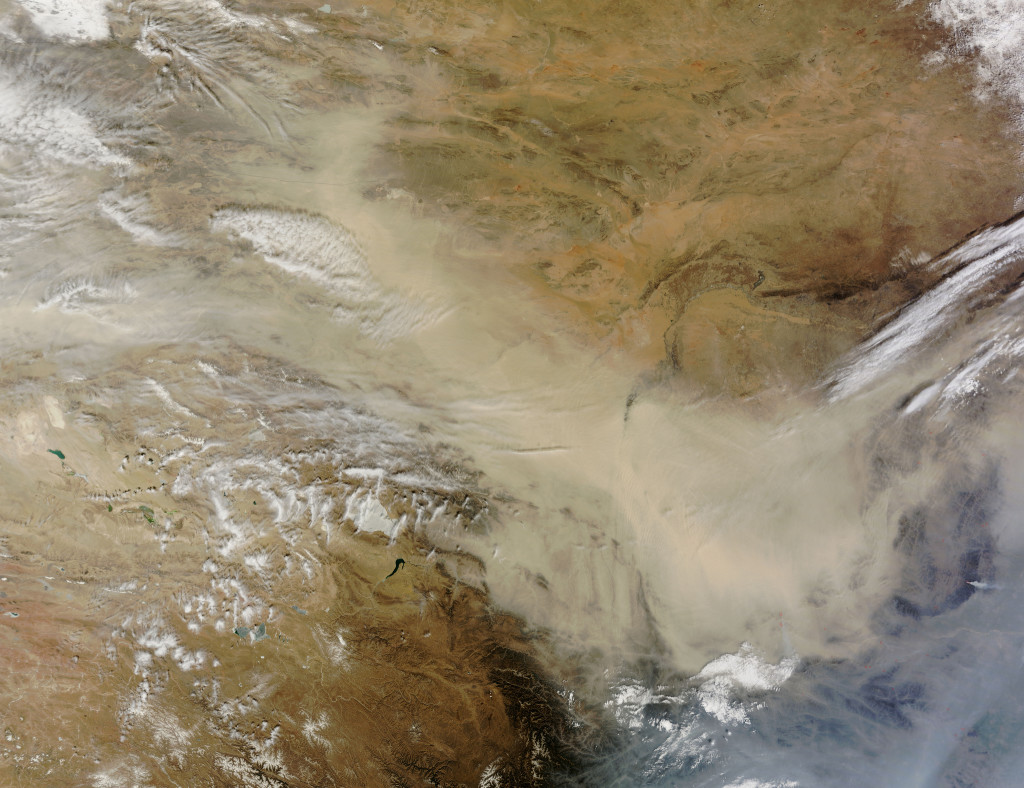The Yarmouk Photo / Thunderclap
There will be men with downcast eyes and women
wearing dark head scarves
There will be the desiccated guts creating a cavern
in which these 18,000 souls queue
There will be a gray mist of distance past which one
cannot see the queue’s end
There will be no sign of violence in the mob, no
urgent pressing like waves
to reach the slender loaves, fishes
Like cattle, penned and orderly. Or lines of factory chickens
laying their blood-spotted eggs
We will have seen the gray tone guts and waves of dark
heads, will register our astonishment eight million times
We will register the name Bashar al-Assad, add it
to the roster we’ve gathered,
categorized like ancient memos and reports, the crisp, white
sheets of bureaucracy casting back
We will have seen the gathering of refugees as inevitable
We will believe despite the wonder of scale
The consistency of light and shadow would have been
enormously difficult to fabricate.
* note: A March 10, 2014 photo by the United Nations Relief and Works Agency (UNRWA) of Palestinian refugees gathering for food at a Damascus distribution site went viral, after which various parties argued publicly about its veracity. The social media platform Thunderclap said the image had been seen by as many as eight million viewers.
Gobi
The painters see in its repose reclining nudes stretched
end to end to end.
You see the reach of vast and lonely lands but I tell
you beneath those sands
rivers run clear and cold. Beyond that rise hide caravans
of tattooed children
singing in a dialect you cannot understand, calling forth
red-plumed birds,
caravans containing silk and balm, rashers of incense,
cinnamon in rounds,
caged pigeons, apples and salt, and ice—
glittering, sharp.
Grant at Twilight
I.
Like a battlefield medic he carved
the skin of the south into raw acres,
whittled a path through hollers and hills.
There was no end to the carnage, whole
towns gutted and left like horses
rotting on the front line.
He ran the war like a Roman general,
ran the picts and hicks underground,
made them run faster than they knew they could.
He struck a hammer into the belly, made it
disgorge guts and incestuous seed. Night
struck, no relief; the striking of a steeple bell
to signal his arrival filled the valley and the workers
fled, women braced themselves in corset and worn
tulle. The whole south flamed.
II.
The kids on the steps of his tomb
offered me weed, speed if I wanted,
but no, I walked from east side
to west looking for fragrance
and some familiar bird. The city
was an iron maiden to me, suffocating
in its concreteness.
***
 Susana Roberts is a writer whose work has appeared in Tinderbox, Salamander, Fickle Muses, Redivider, and Mississippi Review, among others. She teaches literature and creative writing at Boston College.
Susana Roberts is a writer whose work has appeared in Tinderbox, Salamander, Fickle Muses, Redivider, and Mississippi Review, among others. She teaches literature and creative writing at Boston College.

